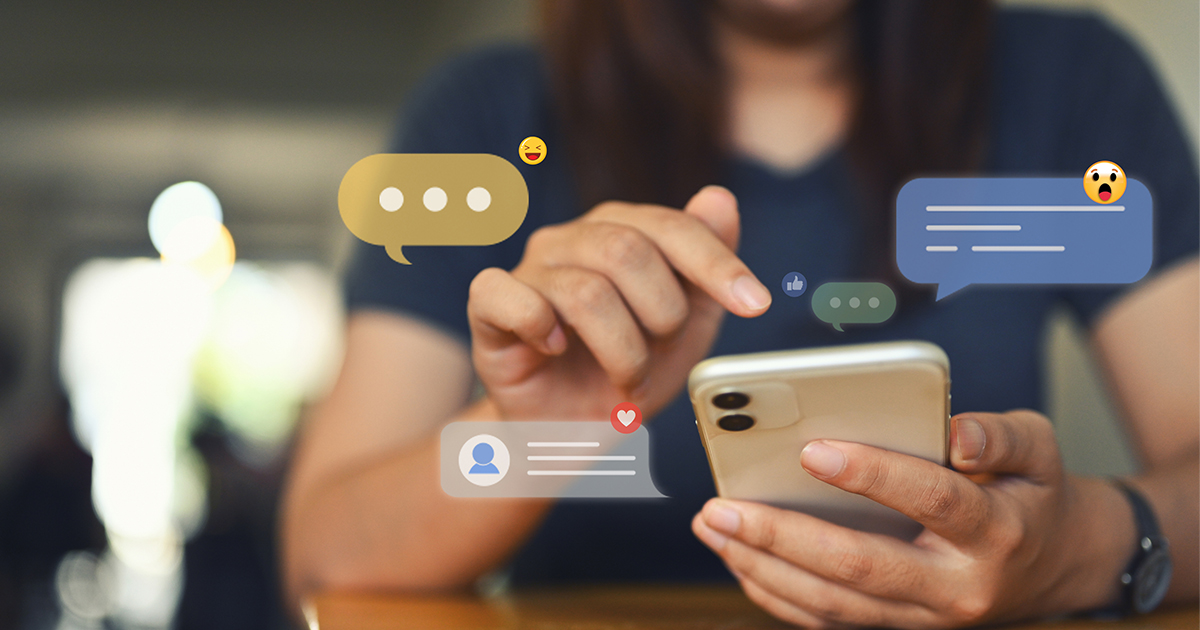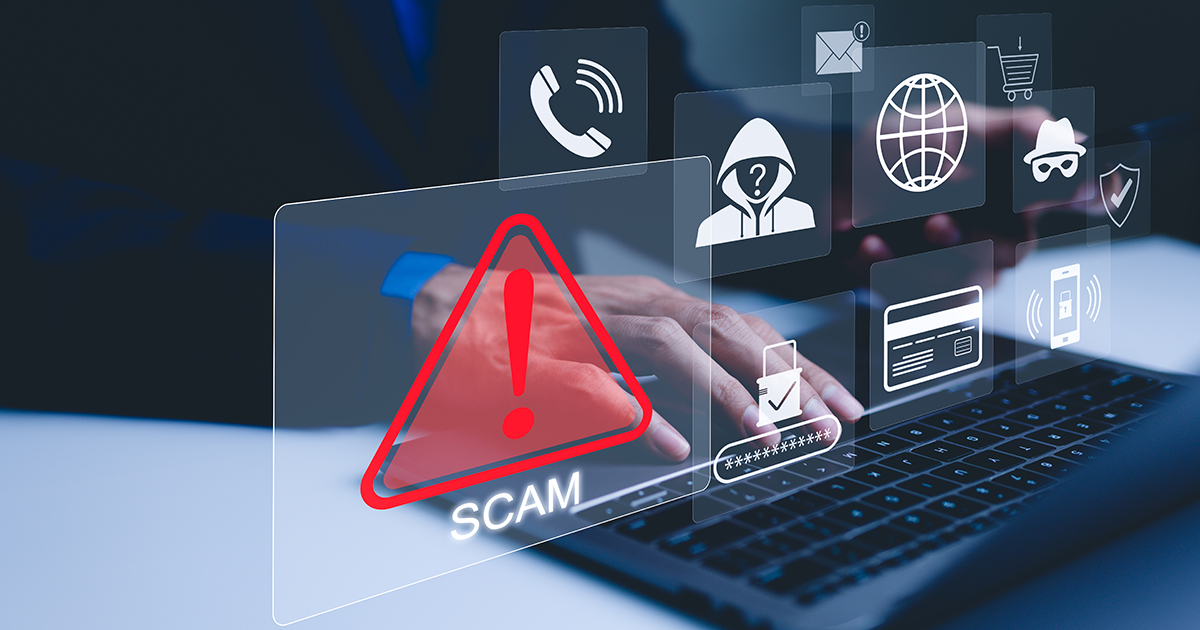Safeguarding your most sensitive information starts by taking the proper precautions and security measures.
It's our goal to alert you of any scams that that are making the rounds, explain how to identity real messages from BankFive, and outline the steps you should take if you believe your information has been compromised.
Please keep your accounts safe by remembering these important tips:
- BankFive will never initiate a phone call, email or text message asking for your account information.
- You can't always believe caller ID, or the "sender" address in an email. Thieves have been known to mask their phone numbers and email addresses to look like the communication is coming from a legitimate company.
- If you are ever concerned about a call, email, or text message claiming to be BankFive, hang up the phone or exit out of the text or email, and call us directly at our main phone number: 1-774-888-6100.
- If you receive an unexpected check from an unknown entity, it may be a scam. Bring any questionable checks to the bank and alert us to your concern so that we can notify the authorities if the checks are in fact fraudulent.
What we are doing:
We continually take a variety of steps to protect your sensitive personal information and accounts, including:
- Monitoring accounts for indications of suspicious activity
- Blocking and reissuing cards for affected accountholders
- Reimbursing customers for confirmed fraudulent transactions
What you should do:
Consider these recommendations to verify the security of your personal information and account data:
- Check your account regularly for suspicious activity; review your account statements and transactions, and alert us if you notice anything amiss
- Enroll in alerts through Online Banking to warn of suspicious activity on your accounts
- If you have reason to suspect fraud, contact us immediately by phone, by secure email within your Online Banking account, or in-person at any of our branch locations.


